Check out before these deals are gone!


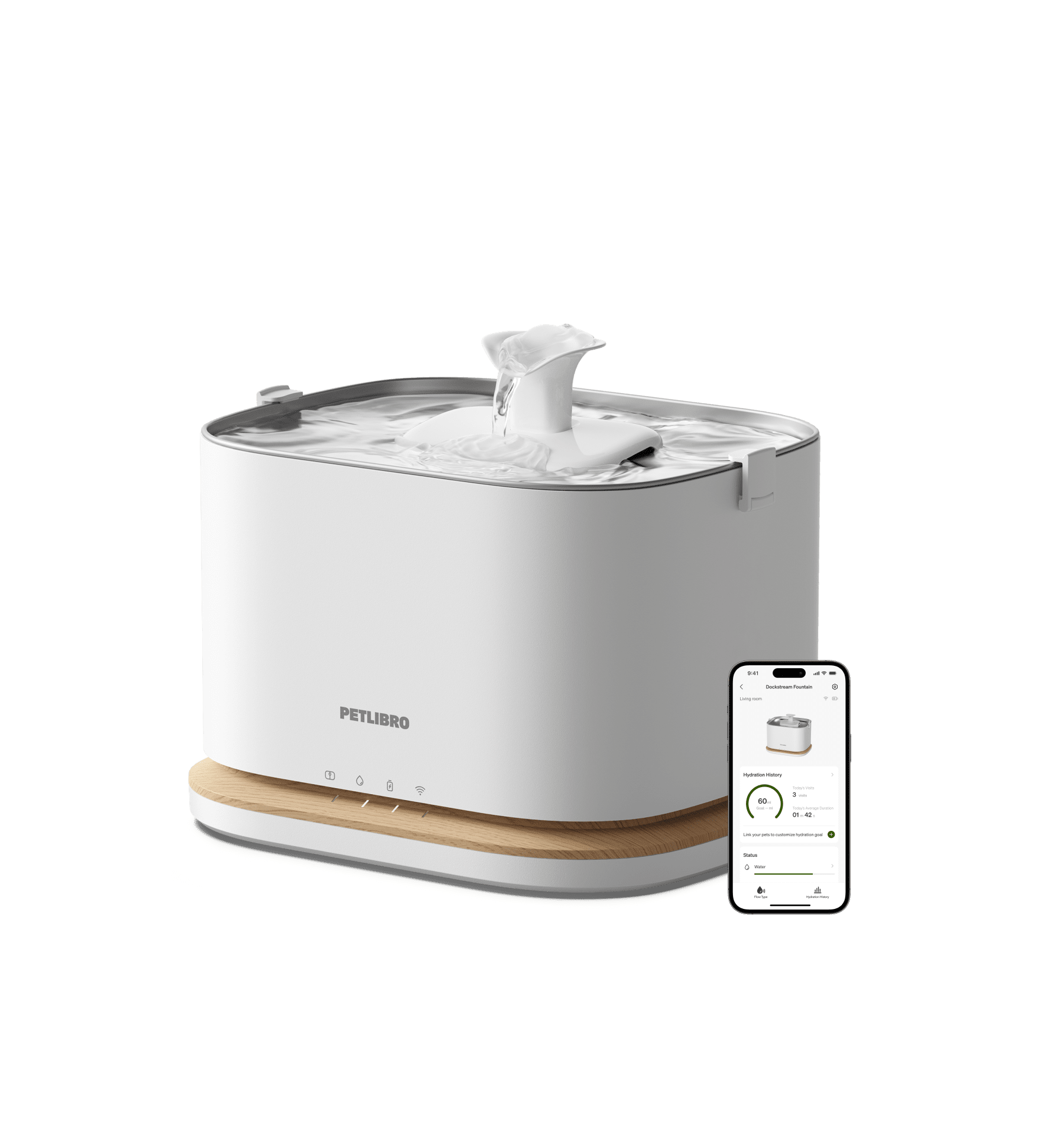
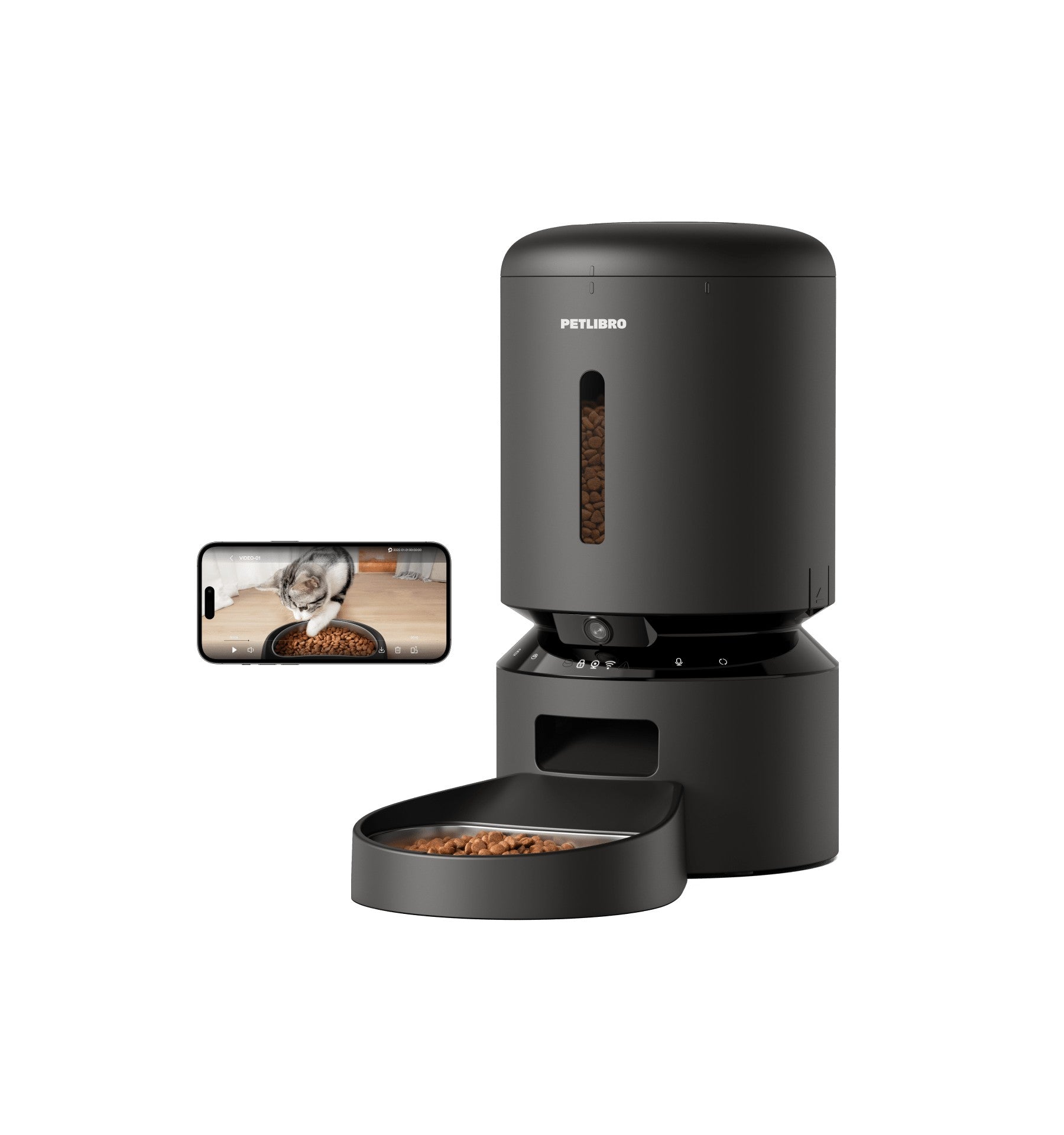
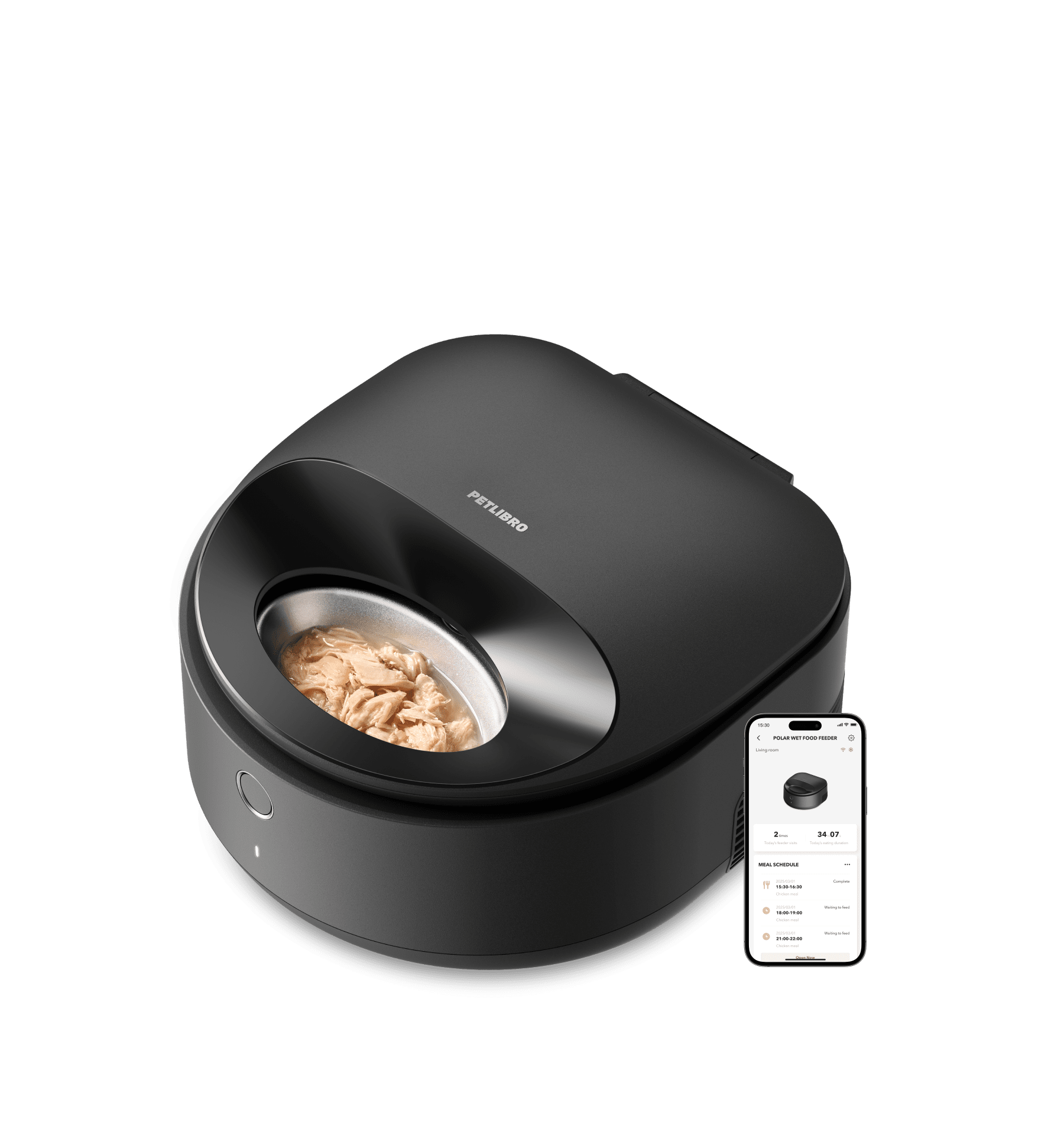
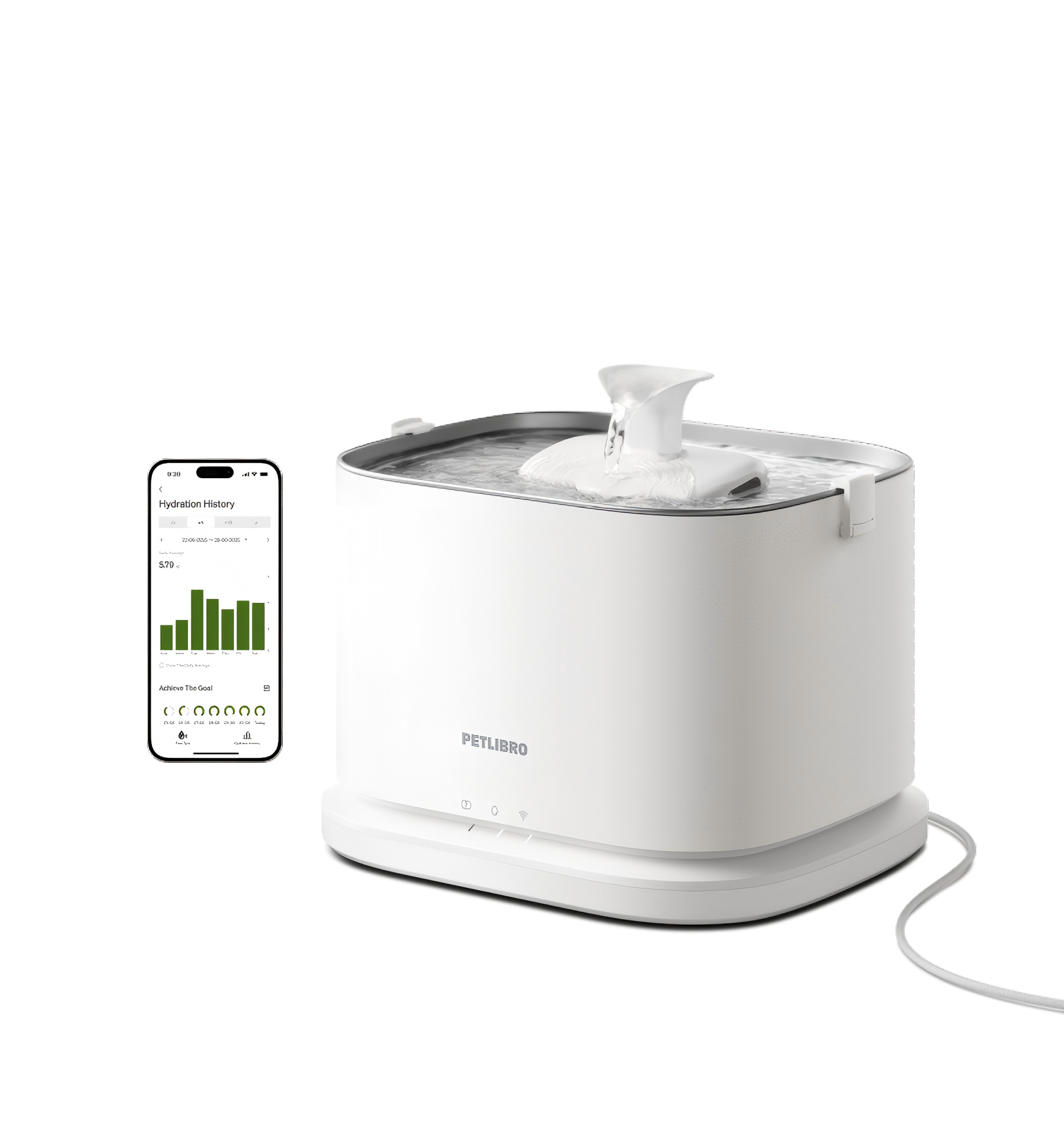
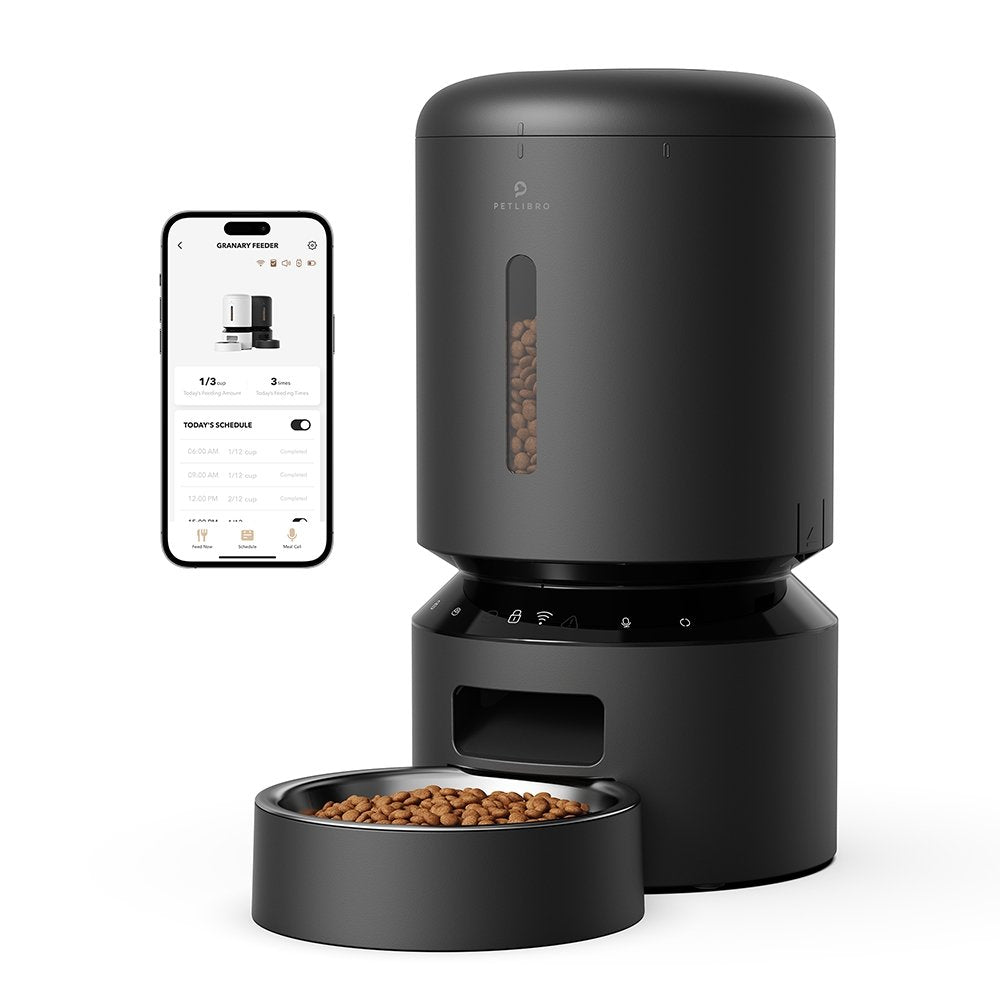
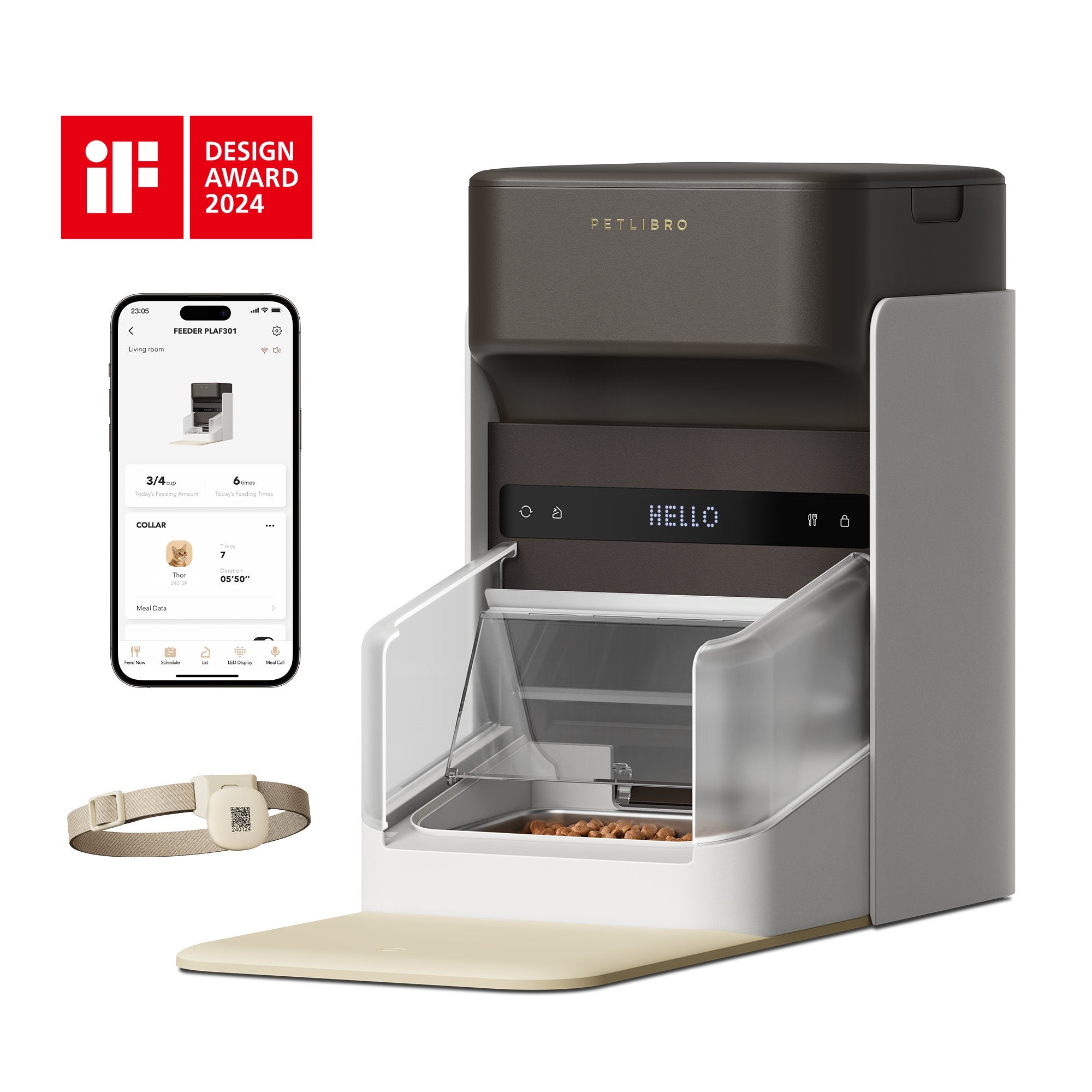
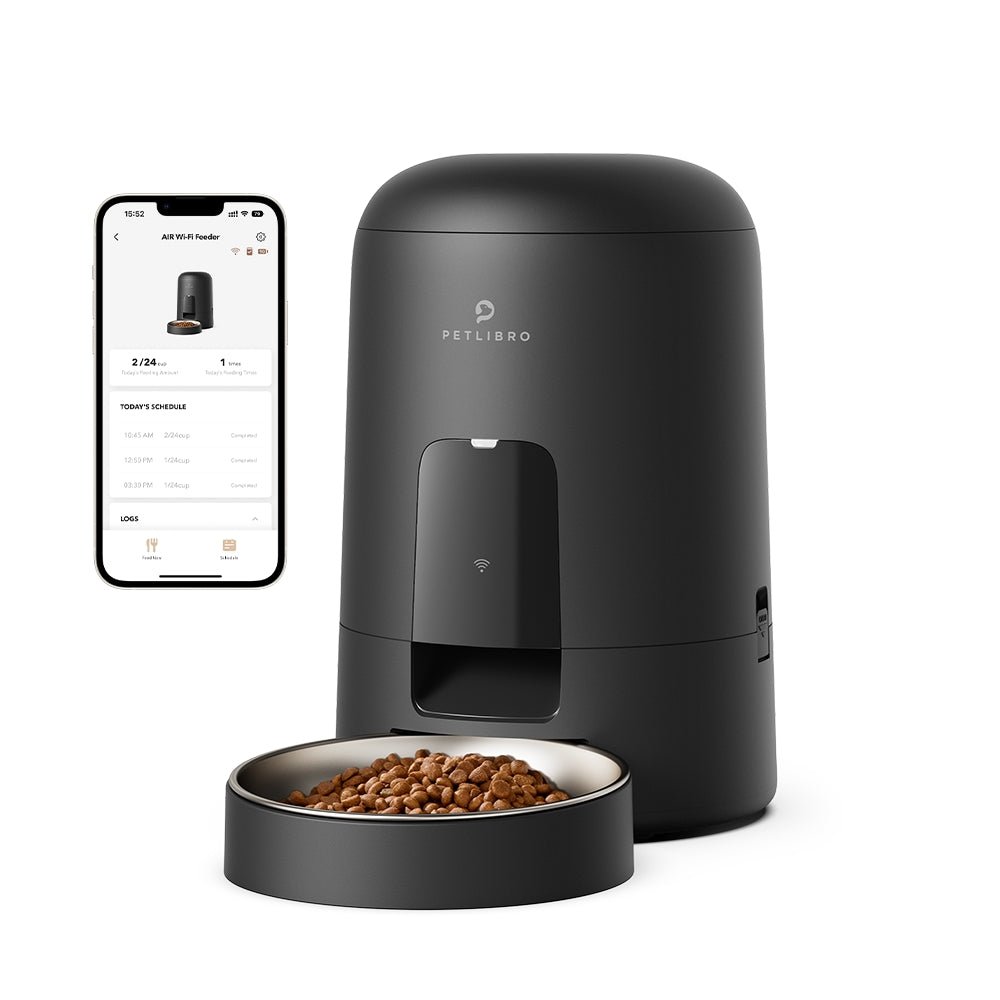






















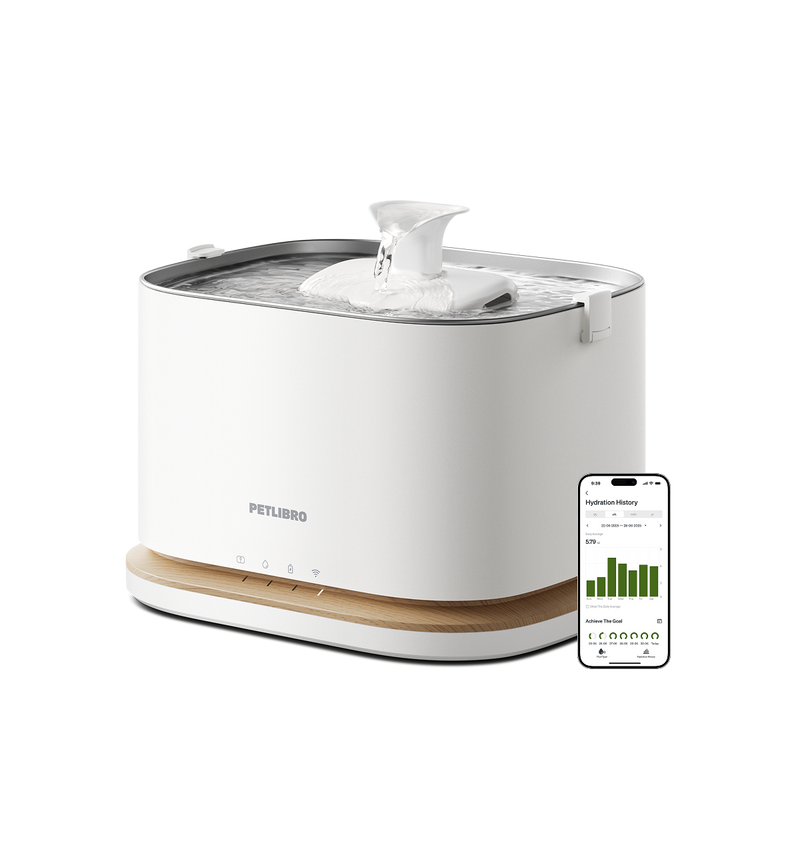
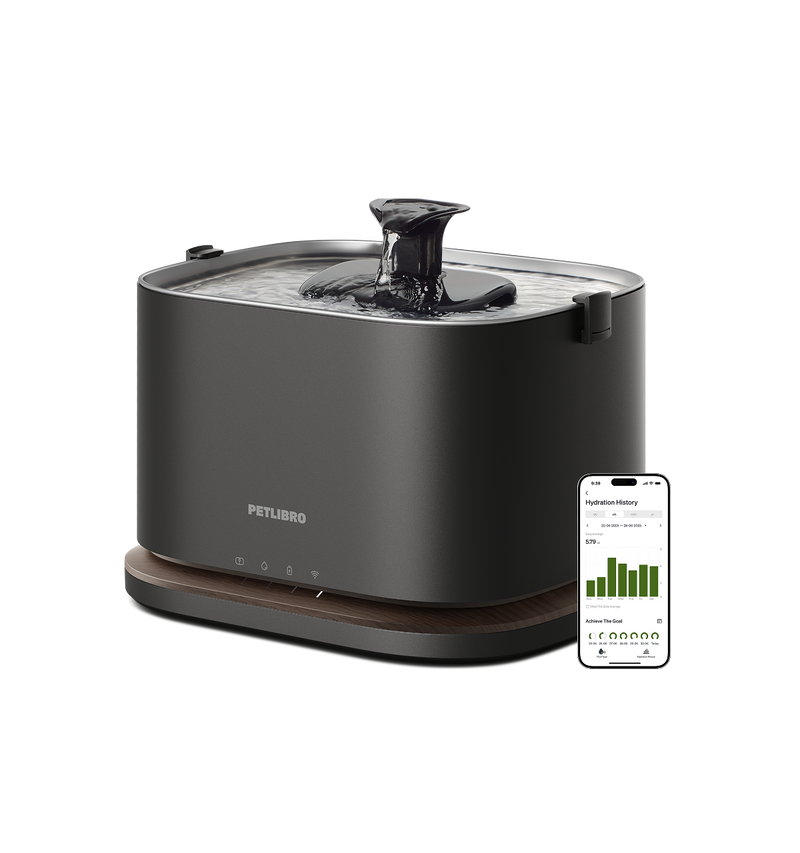
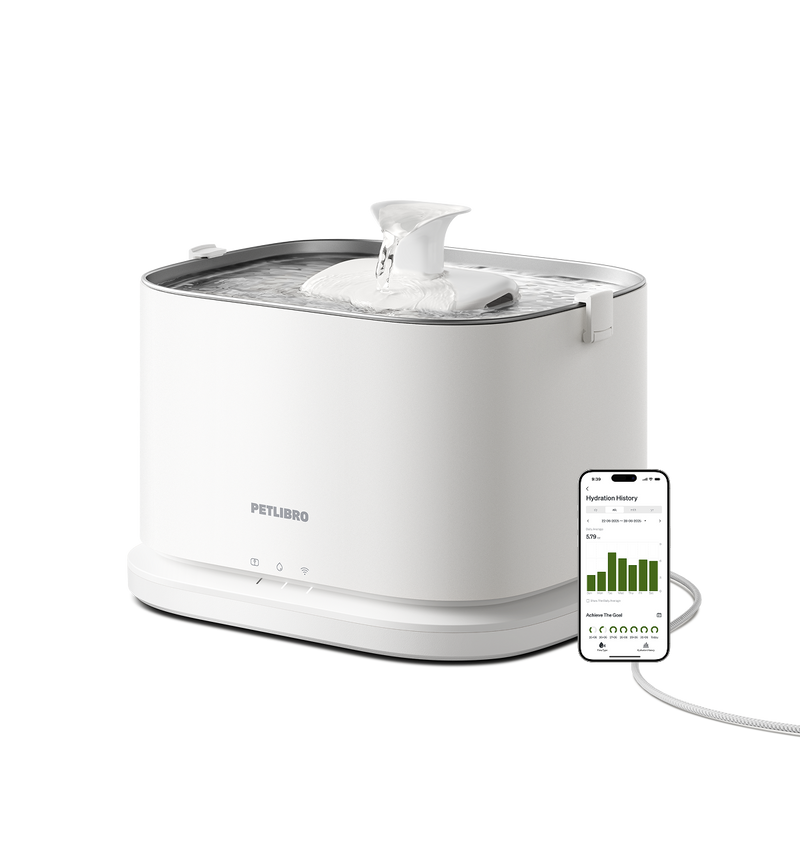
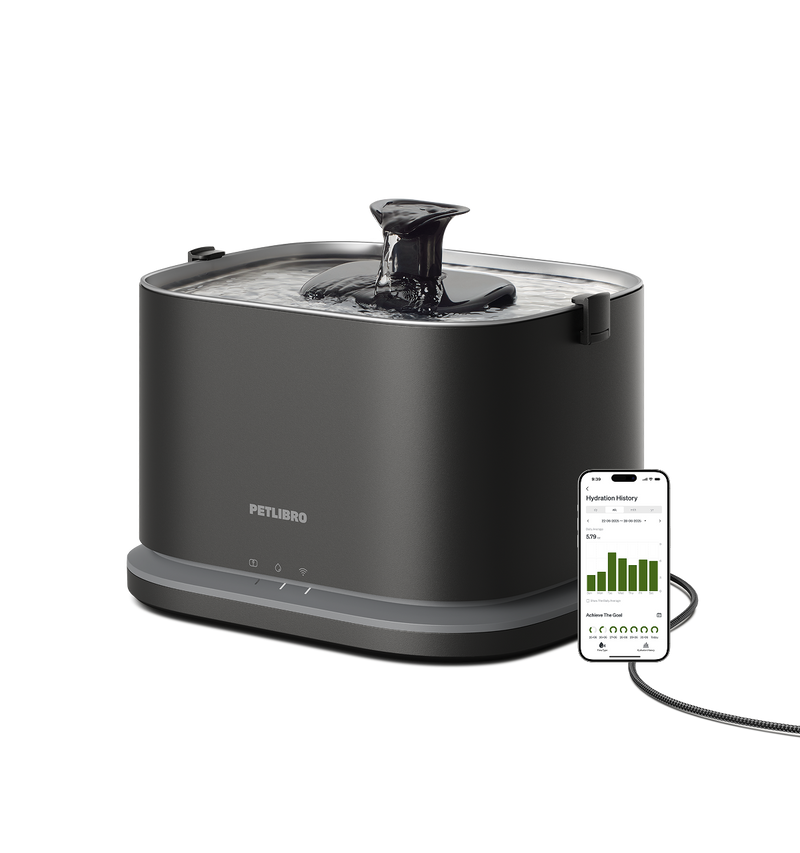










By subscribing, you agree to receive email marketing from Petlibro. Privacy Policy | Terms of Service


*Voucher is non-refundable and only one can be used per order, starting 11/13.


By subscribing, you agree to receive email marketing from Petlibro. Privacy Policy | Terms of Service


Code is valid for 72 hours and can be used for one order only. Code can’t be combined with other codes.
Discounts cannot be used toward new product launches.
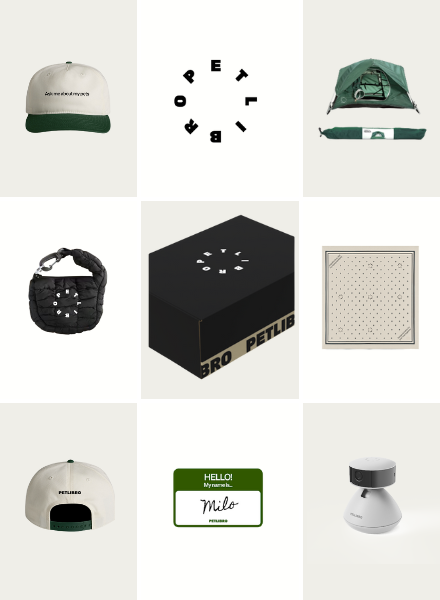
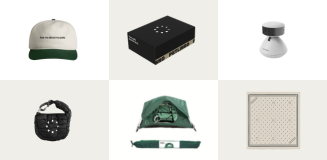
Open to legal U.S. residents, 18 years or older. Void where prohibited. Giveaway begins on 08/26/2025 and ends on 09/15/2025 at midnight PST. Three winners will each receive a limited-edition Petlibro PR Kit, which includes the Scout Smart Camera and select branded merch. Winners will be chosen at random and notified via Instagram or email (depending on entry format) by 09/30/2025. If a winner does not respond within 48 hours, another may be selected. Odds of winning depend on the total number of eligible entries received. Only one email entry per person will be counted, though additional entries may be submitted through the bonus methods described above. Petlibro is not liable for any issues that arise from participation or use of the prize. Personal information will be collected and handled in accordance with our Privacy Policy.


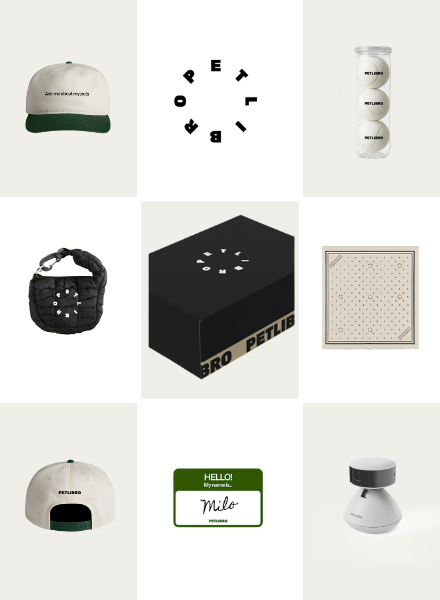
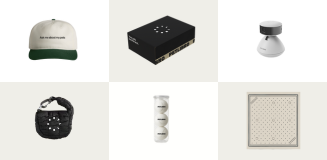
Open to legal U.S. residents, 18 years or older. Void where prohibited. Giveaway begins on 08/26/2025 and ends on 09/15/2025 at midnight PST. Three winners will each receive a limited-edition Petlibro PR Kit, which includes the Scout Smart Camera and select branded merch. Winners will be chosen at random and notified via Instagram or email (depending on entry format) by 09/30/2025. If a winner does not respond within 48 hours, another may be selected. Odds of winning depend on the total number of eligible entries received. Only one email entry per person will be counted, though additional entries may be submitted through the bonus methods described above. Petlibro is not liable for any issues that arise from participation or use of the prize. Personal information will be collected and handled in accordance with our Privacy Policy.


Selecting the right food is one of the most important decisions a cat owner can make. Proper nutrition is essential for your cat's health and well-being. With so many options lining pet store shelves, all boasting different claims and certifications, it can be tricky to determine which foods are truly high-quality.
| Category | Regulatory Body / Certification | What It Does | What It Doesn't Do | Where to Verify |
|---|---|---|---|---|
| Regulatory Bodies | FDA | Regulates safety, ingredients, processing, recalls, and labeling | Doesn't evaluate nutritional adequacy or quality | FDA website |
| USDA | Accredits organic cat foods, verifying adherence to organic standards | Doesn't focus on nutritional adequacy | USDA Organic Integrity Database | |
| AAFCO | Develops nutritional standards, conducts feeding trials | Doesn't enforce food safety or organic qualifications | AAFCO website | |
| Claims / Certifications | Organic | Ensures 95-100% organic ingredients | Doesn't address overall nutritional adequacy | USDA Organic Integrity Database |
| Natural | - | No legal definition, doesn't indicate quality or nutritional value | - | |
| Grain-Free | Formulated without grains | Doesn't imply healthier, may contain other carbs | - | |
| Veterinarian Recommended | - | Not an official certification, usually a paid endorsement | - | |
| Byproduct-Free | Guarantees no animal byproducts used | Doesn't assess full nutritional profile | - | |
| Made in the USA | Indicates manufacturing location | Doesn't indicate overall quality or ingredient sourcing | - | |
| MSC | Certifies sustainable wild-caught seafood | Doesn't evaluate other ingredients | MSC database | |
| Vegan | No animal-derived ingredients | May lack essential nutrients for cats | - |
In the United States, several organizations play a role in overseeing and regulating cat food production, each with a different focus and domain:
While the FDA and USDA focus on food safety and organic qualifications respectively, AAFCO standards specifically ensure the nutritional adequacy of cat foods making many claims. Understanding each agency's role is key to evaluating cat food quality.

With an entire pet store aisle dedicated to cat food, the numerous claims and certifications on packaging can be confusing. Here are some common cat food labels and what they do and don't guarantee:
While terms like "natural" may appeal to consumers, they are largely marketing lingo without much oversight or meaning. Certifications like MSC and vegan promote certain formulations but do not evaluate the complete diet.
When evaluating claims and certifications, it's important to verify their validity from the source:
Checking certification databases like the USDA and MSC validates that reputable third-party standards were met. This extra step helps substantiate food claims to ensure your cat's diet is safe and nutritious.

With so many options and claims touting health benefits, choosing a high-quality cat food can seem daunting. Look for foods backed by certifications like USDA Organic, AAFCO nutritional adequacy statements, and MSC sustainable fishing to ensure safety and nutritional standards are met. Verify legitimate certifications through official databases.
Consider your cat's unique needs in terms of age, activity level, and health issues to select an appropriate diet. Aim for a balance of quality wet and dry foods and resist oversupplementing with unnecessary mix-ins. Consulting your veterinarian can provide tailored guidance.